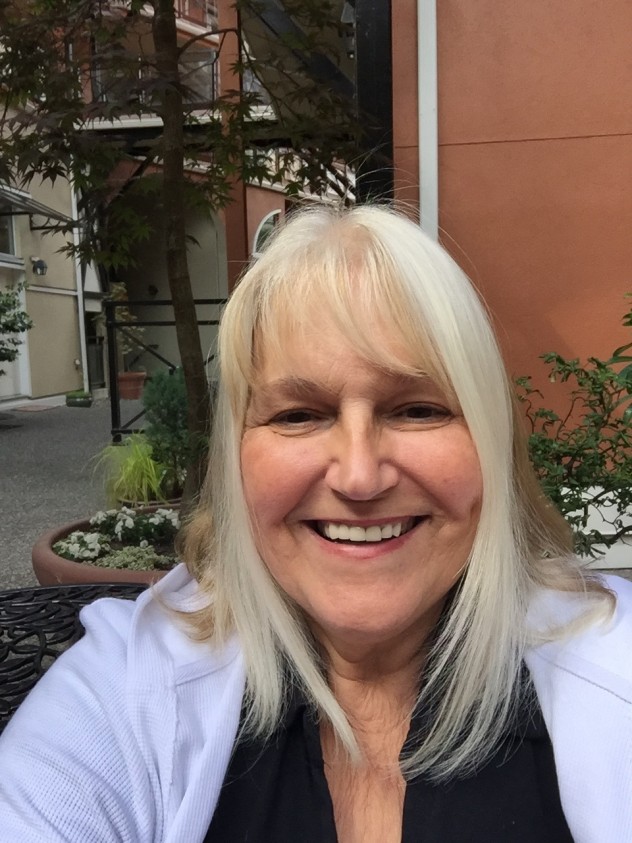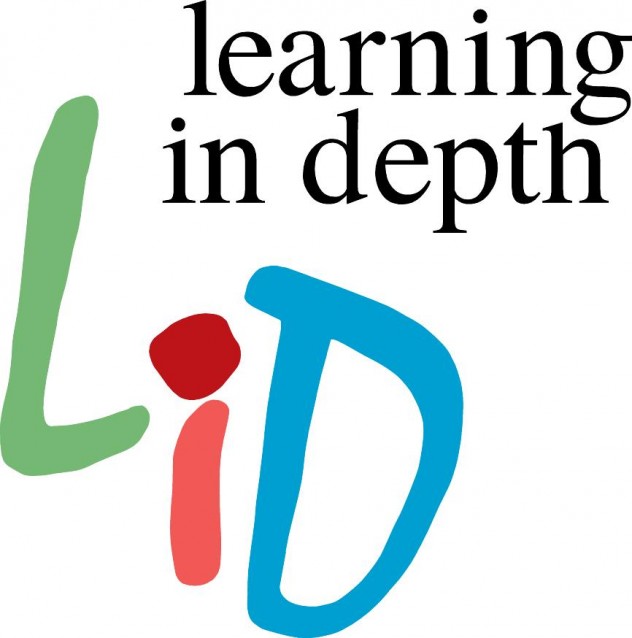(Are you a LiD teacher? Do you want free support for your LiD work? Subscribe to imaginED and stay informed! Free. No cost. No spam. One weekly update email. Lots of LiD action coming in the Fall of 2016.)
Learning in Depth (LiD) is a unique program. It is only natural that educators have lots of questions when they hear about it. Most of the questions I receive as a LiD trainer (and former LiD teacher) relate to program principles (I’ve listed a few of these below) and implementation strategies: How do students get their topics? or What is the role of the teacher, administrator or parent in LiD? How do the young, disabled or gifted students do LiD? How can I justify doing a program that is not graded or taught? What happens if a child doesn’t want to do LiD? Can I incorporate LiD into other parts of the curriculum and if so, how? What does sharing learning look like? How do we deal with slumps in the program and keep LiD thriving?
These kinds of questions are fairly easy to address. Not all questions are.
I am also frequently asked questions that are not so simple or straightforward to answer. These difficult questions have to do with beliefs and values:
“Why should/would I …?”
The variations are many: Why would I add another program to my workload? Why should I choose LiD over another program? Why would I do LiD when I have a program that works just fine? Why should I take on the LiD program when I am the only person in the building doing LiD?
Why you do or don’t do any kind of program – including LiD – relates to your beliefs about your role as a teacher, what you value in education and what you are comfortable including in your practice. I have found the best way to address these questions is to share my story and encourage teachers to examine why they might incorporate this simple, yet unique idea in their practice. (A more detailed account of my LiD story can be found on the official LiD website or my website (livinglearningindepth.com).
My LiD Story (Short Version!)
After listening to Dr. Kieran Egan talk about LiD in 2008 I took a long look at why I might take on his latest idea. I ruminated for 2-3 months and asked myself many of the why do this kind of questions people now ask me. I spent time weighing the benefits and the costs.
Benefits of implementing LiD: 
- I would be bringing in new, fresh ideas
- I would possibly find better methods for teaching students how to research
- My students may delve deeper into topics
- My students may ask better questions
- I would continue to challenge and hone my teaching skills
Costs of implementing LiD:
- My time and energy to learn how to bring LiD into my world
- Getting permission and enrolling administration
- Enrolling others (parents, colleagues, librarians) into what I was doing
- Enrolling my students into LiD, while learning how NOT to teach LiD
 For a long time I had been very dissatisfied with class research projects and I believed LiD might be my answer. The end result of my personal commitment to LiD was: I was willing to give my time and effort to implement a program that just might enhance my student’s learning and ultimately my teaching. Once I knew why I was doing LiD it allowed me to focus on the implementation process with surety. My time and energy had a higher purpose, and the adventure was on.
For a long time I had been very dissatisfied with class research projects and I believed LiD might be my answer. The end result of my personal commitment to LiD was: I was willing to give my time and effort to implement a program that just might enhance my student’s learning and ultimately my teaching. Once I knew why I was doing LiD it allowed me to focus on the implementation process with surety. My time and energy had a higher purpose, and the adventure was on.
By the end of the year the benefits of LiD were phenomenal. My 6 to 9 year olds collected, drew, shared, presented and collaborated their way through LiD. They loved LiD time, were more confident and independent in their school activities, but most of all my students asked questions, interesting questions, lots of questions and more complex questions. In one class discussion a child was telling a story and talked about something being funny. When he had finished, one 7 year old girl asked him what kind of funny was he talking about… funny ‘haha” or funny odd? We spent the next 15 minutes discussing the what’s and ways of being funny. Our discussion instigated students into finding jokes, cartoons and funny stories involving their topics.
LiD has far exceeded my expectations and brought my practice to a whole new level, to where the world is now my classroom. I am privileged to discuss LiD with people from all over the world, who are keen to understand and implement LiD. Please contact me if you wish to continue the discussion.
Key LiD Principles
- Not graded
- One topic for one student per class (expert on topic)
- Topics are picked randomly
- Topics were criteria specific
- One topic for one student for school life (no end – no rush)
- Each student is the ‘CEO’ of their topic
- Students share what they learn
- Students have portfolios / journals that move with them from year to year
- Parents play an integral role, so include them
- Most of LiD work will ultimately be done outside of class time
- One hour of LiD time a week provided in school
- Teacher is a guide / consultant / assessor of how the LiD program is doing
Connect with other LiD teachers here on imaginED.





Thank you for your article. It’s useful to hear from teachers who implement this program. I have taught for over 25 years and tried this a few years ago with my younger buddy class. We saw many benefits but one of things we failed to do was assign that regular weekly time at school for LID. We now know this is essential.
My two questions for you are: where do you fit this extra hour in each week and were you permitted to have it take the place of something else in your busy schedule.? Also, how does LID work for students who do not have the required parent support?
Thank you for your advice.
Hi Judi,
Great questions! I am asking some LiD teachers to reply to you–including the author of this post. But, yes, that weekly time is essential!
With the collaboration teacher we set a time each week but you don’t have to. I’ve done it as always optional.
Yes we did a project st school for someone who had no support!
Message me ask Gillian for my e-mail and I can share my wild LiD stories!
Thank you for your response. I’ll be sure to get your contact info!
Hi Judi,
I had 40 minutes on Fridays for LiD and slated it as our “self directed social / science independent learning time”. I know, it’s a mouthful but it coveref a gambit of outcomes. I used this time to interview my students, check in and mark papers. We also spent some of our time for presentations and discussion. … a highly productive 40 minutes that impressed my bosses. I used ‘social/science minutes for LiD.
As for parental support… I utilized older students to help, not their buddies but older students who had interests similar to my students topics. Parental help is wonderful; however; alternatives are more common. I found having guest helpers, adult and high school aged, beneficial.
I hope this helps and please keep asking for what you need. Linda
Hi Judi, I worked in a middle school. My timetable usually allowed for a spare block a week (43 mins). However, I see no problem using a LA period or Socials period for this program. Many schools are moving to a Learning Commons approach with their Library. I coordinated with our librarian. She was thrilled to be a part of the program.
At the first Meet the Creature night, i gave each parent a info sheet. One side had general info and expectations. The other explain the LiD program. I took few minutes to explain it and how they could be part of it. Most were intrigued. While it is nice to have parent support I did not require it. Many of my students are from single parent families who work evenings or two jobs. Since my students had a district based Google Suite account, they could access at home and share what they are doing. I always included it as part of a Student Led conference. Parent support is great, but not neccessary to run this program in my estimation. ( I once had a parent force his child to study an hour a night on LiD. It soured the child’s enthusiasm.) Perhaps an educational assistant or support teacher can provide support to a child whose parent is not involved.
Thanks David. This is really helpful. I’ve been thinking about talking to our teacher-librarian to see if he’s interested in working with me. And yes, it totally makes sense to offer in-school support from EA’s for students who don’t have involved parents. I like the Google Suite account idea. I could possibly use our e-portfolios to highlight key learning moments. Thanks again!